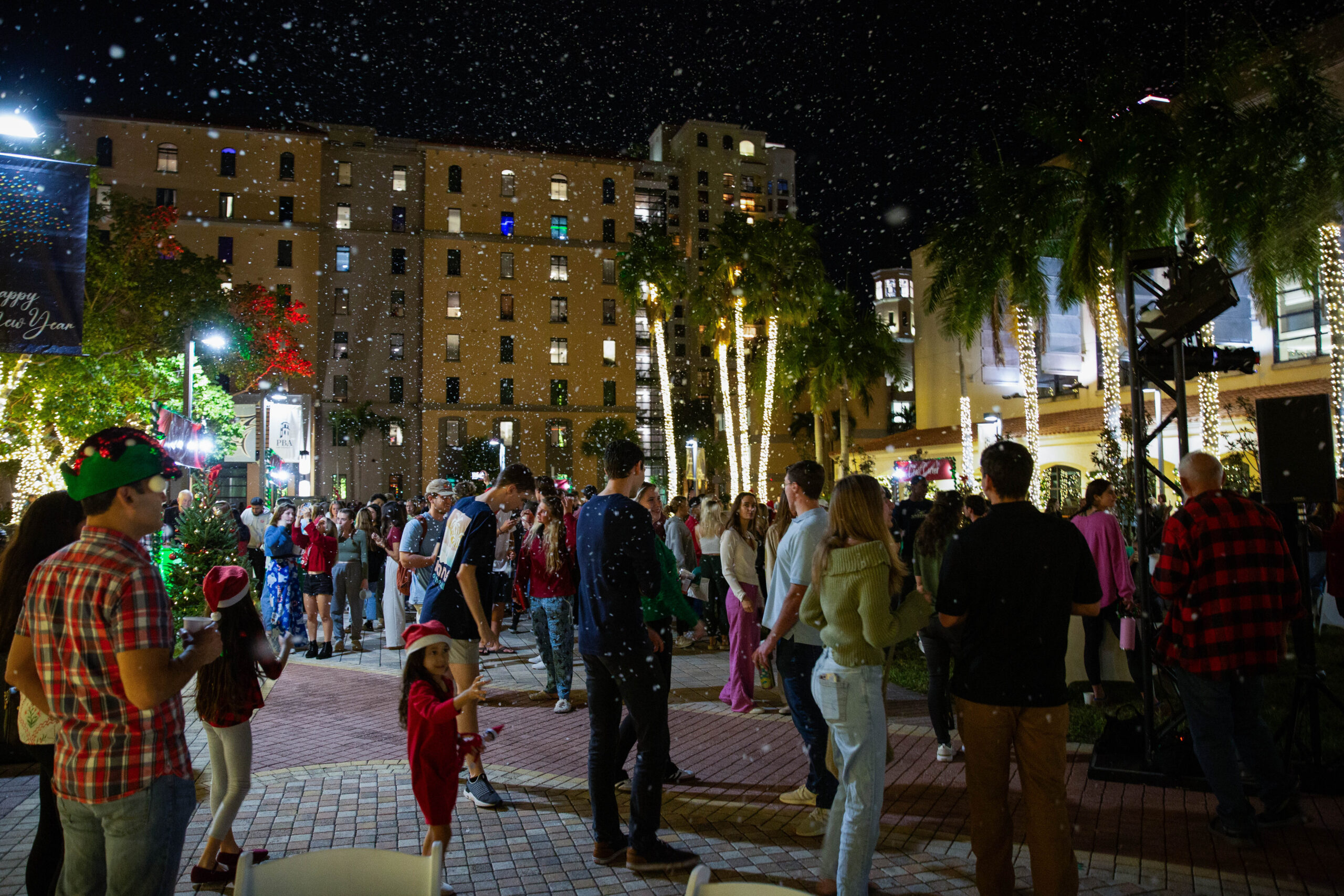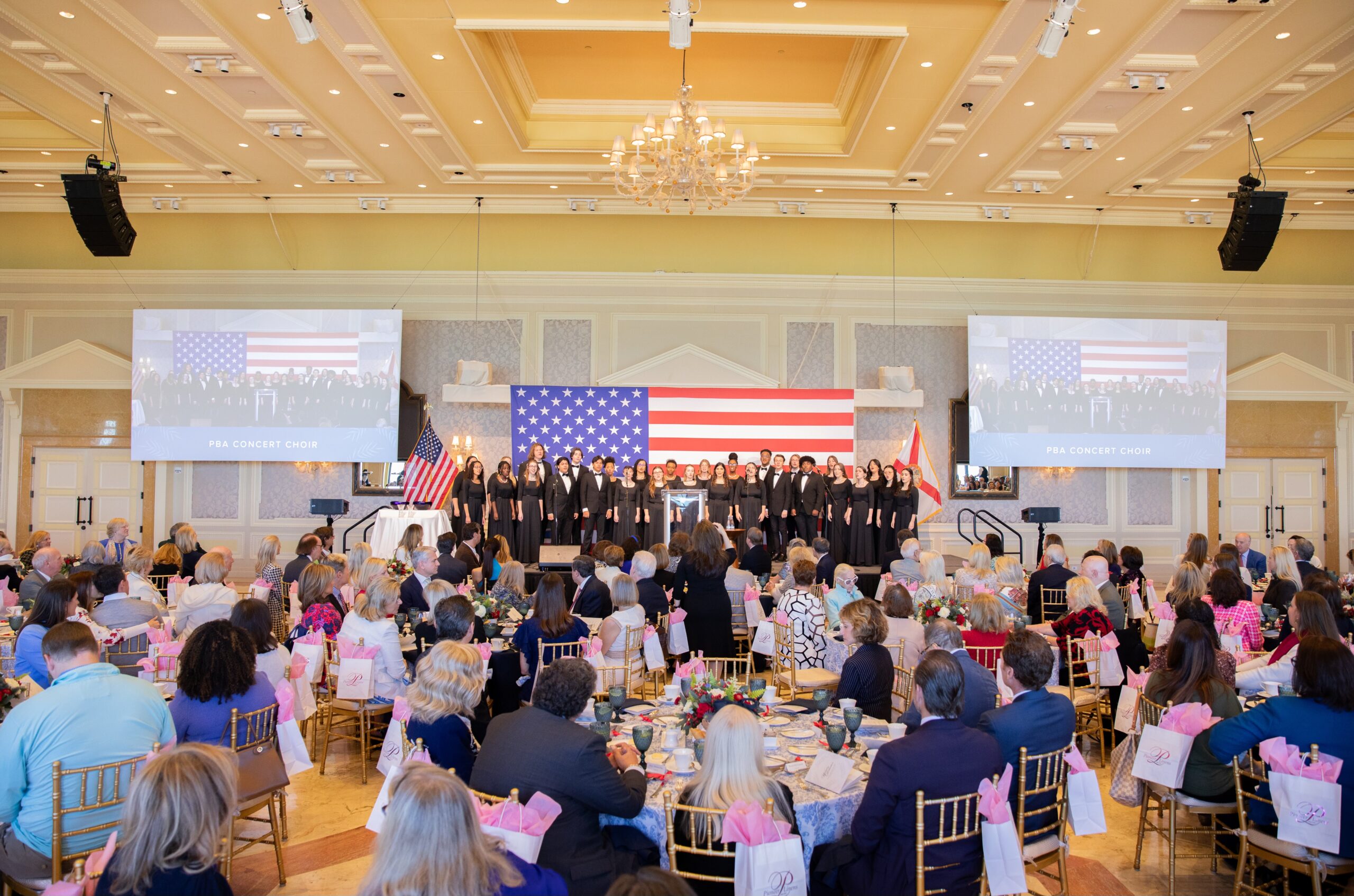In one of the University’s longest-standing traditions, faculty across disciplines — dance, English, history, theatre, politics — connect over books of literature, pedagogy and philosophy during a summer colloquium.
The colloquium has been running for 21 years, said Dr. Tom St. Antoine, the colloquium’s coordinator and the director of the Frederick M. Supper Honors Program. Those who participate spend two full days discussing each of three books and often continue the conversation afterward, St. Antoine said.
The colloquium fosters relationships and collaboration, St. Antoine said.
“That’s probably the most concrete outcome of doing this for all these years,” St. Antoine said. “It makes us all much more interdisciplinary in our thinking.”
For example, English professor Dr. Deborah Prescott and theatre professor emeritus Don Butler started discussing a Holocaust-themed play for young audiences over lunch at the colloquium. The result: roughly 6,000 schoolchildren saw “Taken Away” through the Kravis Center for the Performing Arts.
In addition, faculty in the colloquium read some of the books assigned to students. It shows “that we’re willing to do what we ask our students to do,” St. Antoine said. This year, that meant reading Fyodor Dostoyevsky’s “Notes from the Underground,” the final book of the summer. English professor Dr. Beate Rodewald led the discussion.
Pam Fleming has faithfully attended the colloquium since her husband, William M. B. Fleming, Jr. became president. It’s an opportunity to grow and to interact with faculty from across campus in a more personal way.
“I always learn something,” Fleming said. “I’m a compulsive reader. I read all the time, all genres, so I never have a problem finishing the assignments.”
Faculty members read three books from three distinct categories: literature, history and philosophy of Christian higher education and pedagogy. In addition to “Notes from Underground,” this year’s titles were “Leisure: The Basis of Culture” by Josef Pieper and “On Christian Teaching” by David I. Smith. Dr. Elizabeth Stice, associate professor of history, led discussion of the former, and Dr. Nathan Lane, associate provost for instruction, led discussion of the latter.
“It’s very open and discussion-oriented,” Lane said. It’s also a great time to get to know other faculty members’ interests.
Eileen Hebron, artist in residence in dance, engages with books outside of her usual reading about pedagogy and kinesiology. She started coming to the colloquium her first year at PBA.
“It really helped to form new relationships,” Hebron said. “It opened my mind a lot. We become better teachers.”
Additionally, the colloquium demonstrates the importance of literacy — which is an element of scholarly work — to students, St. Antoine said.
“It helps to form you, not just as a scholar, but as a person.”


